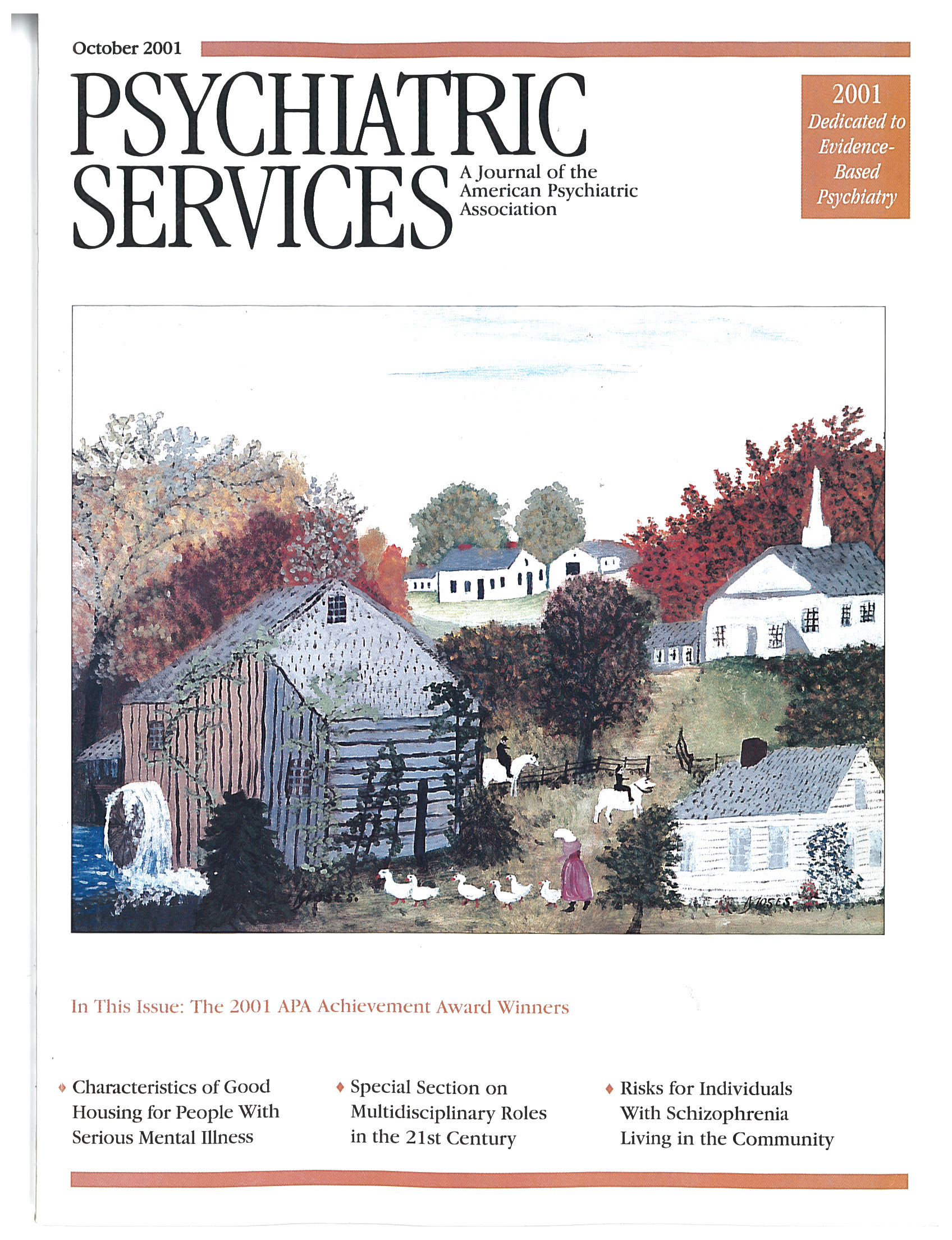This book is an excellent course text for graduate students in rehabilitation counseling and related fields. The author, Julie Smart, is a faculty member in the department of special education and rehabilitation at Utah State University. Dr. Smart has discussed disability and its impact on society and the individual with her students over the years, and she acknowledges that without their participation the discussions in Disability, Society, and the Individual would not be as multifaceted as they are.
Unlike many textbooks on disability that focus on disability categories, with each chapter devoted to a specific disability, this text considers broad similarities and differences across a wide range of disabilities. The author's stated objective for the book is to examine the experience of disability from the perspective of people who have disabilities, to discuss how society views disability and people who have disabilities, and to consider the relationship between these two viewpoints.
Smart acknowledges that there are no clear divisions between the concepts of disability, society, and the individual. Nevertheless, the book is divided into three parts to facilitate learning. Part 1 is devoted to defining disability and discussing various models of viewing disability. Although the book does not focus on any one disability in particular, chapter 1 defines and describes the four broad categories of disabilities—physical, intellectual, cognitive, and psychiatric. Chapter 2 presents the three basic models used to conceptualize disability: the medical, the environmental, and the functional. This chapter also includes a helpful summary of the Americans With Disabilities Act as well as a discussion of some of the results of the legislation.
Part 2 focuses on society's response to disability, particularly the prejudice, discrimination, and stigma endured by people with disabilities. The chapters in this section examine the many sources, effects, and experiences of prejudice and discrimination. Although the primary focus is on the effect of prejudice on people with disabilities, the section also examines how prejudice against any group is costly to society as a whole.
Part 3 focuses on the individual's response to disability. Chapters in this section consider how aspects of the disability itself, such as the degree of visibility, and environmental factors, such as the amount of stigma associated with the disability, affect the individual's response to the disability. Because it is difficult for persons without disabilities to understand the experience of having a disability, the author includes many first-person narratives by individuals with disabilities.
In addition to providing a comprehensive overview of disability, this book offers some nice features aimed at facilitating classroom learning and discussion. Each chapter begins with a list of questions to help focus the reader's attention on important issues. In each chapter, sections are highlighted with key concepts to be addressed. Each chapter concludes with a list of references and suggestions for videos to watch and learning activities and writing exercises to use.
Disability, Society, and the Individual provides a comprehensive review of many important topics in the field of disability. With its inclusion of discussion questions and lists of supplemental resources, this book provides a useful framework for a course in disability while also challenging students to explore the many sides of the subject.

